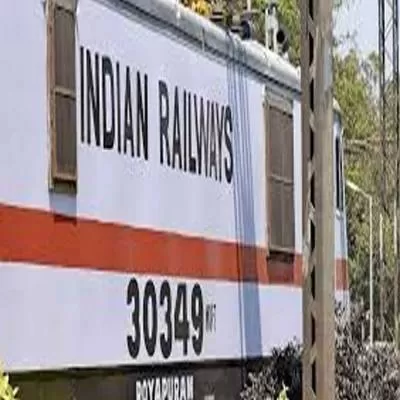

Railways in India are under the spotlight as questions arise regarding the transparency of their financial records. In response to a recent Right to Information (RTI) query, it has been revealed that the Indian Railways does not maintain separate profitability records for its various operations. This revelation has sparked concerns about the clarity and accountability of the national railway network's financial management.
The lack of distinct profitability records raises questions about how efficiently the Indian Railways is managed and whether it operates with a clear understanding of which operations are financially viable. Without specific data on the profitability of different ventures within the railways, it becomes challenging to make informed decisions about resource allocation and investment priorities.
Transparency and accountability are crucial pillars of effective governance, especially in a public service as essential as the railways. The revelation that profitability records are not meticulously maintained undermines public trust and confidence in the management of the Indian Railways. It also opens the door to speculation and scrutiny regarding potential inefficiencies or mismanagement within the organisation.
Efforts to improve transparency and accountability within the Indian Railways must be prioritised to ensure that public funds are used efficiently and effectively. Clear and accurate financial records are essential for assessing the performance of the railways and identifying areas for improvement. Without this transparency, it becomes difficult to hold decision-makers accountable for their actions and ensure that taxpayer money is being used responsibly.
In conclusion, the revelation that the Indian Railways does not maintain separate profitability records highlights the need for greater transparency and accountability within the organisation. As scrutiny intensifies, it is imperative that steps are taken to address these concerns and restore public confidence in the management of one of India's most critical public services